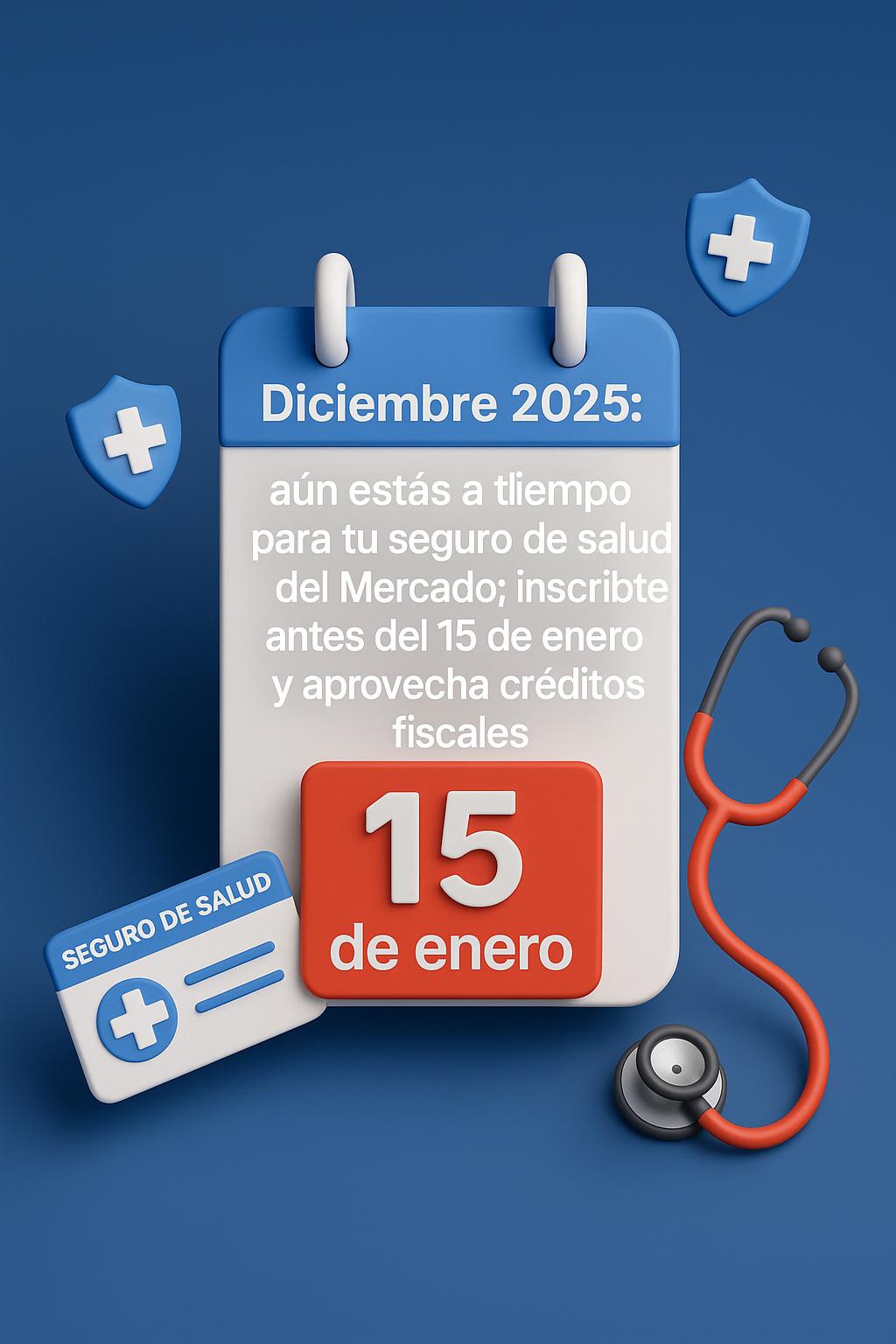
When it comes to filing taxes in the United States, many taxpayers leave money on the table simply because they are unaware of the available tax deductions and credits. Taking advantage of these benefits can reduce your tax burden and increase your refund.
In this blog, we'll explore some of the most common tax credits and deductions in the U.S., with updated data and official sources to help you optimize your statement.
🔹 Tax Deductions: They reduce your taxable income, which means that you pay taxes on a smaller amount of money.
🔹 Tax Credits: They directly reduce the amount of taxes you must pay, dollar for dollar. Some credits are even reimbursable, which means you could receive extra money for your refund.
According to data from the IRS, around the 85% of taxpayers qualify for a tax deduction or credit, but many do not claim them due to lack of information. (Source: IRS)
Be sure to check if you qualify for any of these benefits before you file your tax return.
This credit helps workers with low or moderate incomes. In 2024, the maximum EITC amount is up to $7,830 for families with three or more children.
📌 Who qualifies?
✔️ Taxpayers with low to moderate incomes.
✔️ Parents with underage dependents
📌 Benefit:
💰 It can reduce your tax bill and even generate a larger reimbursement.
(Source: IRS)
If you have children under the age of 17 years, you can qualify for this credit up to $2,000 per qualifying child.
📌 Who qualifies?
✔️ Parents or guardians with dependents under 17.
✔️ Taxpayers with incomes within the limits established by the IRS.
📌 Benefit:
🔹 Up to $1,400 Of the credit is returnable, which means you could receive it even if you don't owe taxes.
(Source: IRS)
This credit is designed for college students and covers up to $2,500 in educational costs per year.
📌 Who qualifies?
✔️ University students in their first 4 years of higher education.
✔️ Parents who pay tuition for their dependent children.
📌 Benefit:
✅ Up to $1,000 of the credit is refundable.
(Source: IRS)
If you're a homeowner in the U.S., you can deduct interest paid on your mortgage, which reduces your taxable income.
📌 Who qualifies?
✔️ Homeowners who pay mortgage interest.
✔️ Those who itemize their deductions instead of taking the standard deduction.
📌 Benefit:
💰 It can significantly reduce your taxable income.
(Source: IRS)
If you donated money or assets to non-profit organizations registered with the IRS, you could deduct those contributions.
📌 Who qualifies?
✔️ Taxpayers who itemize their deductions on their tax return
✔️ Donations made to organizations qualified by the IRS.
📌 Benefit:
💡 Reduce your taxable income and support good causes.
(Source: IRS)
Although this list covers some of the most common credits and deductions, each tax situation is unique. This is where we come in.
In The Multiservices Family, our team of experts will review your situation in a personalized way to make sure you get the highest possible reimbursement and don't leave money on the table.
El April 15, 2025 is the deadline for filing your return.
📲 Schedule your appointment today with La Familia Multiservices and let the experts optimize your tax return. Your money belongs to you! 💰💼
#DeduccionesFiscales #ReembolsoMáximo #TemporadaDeImpuestos2025 #LatinosEnEEUU #LaFamiliaMultiservices


.png)




.jpg)
